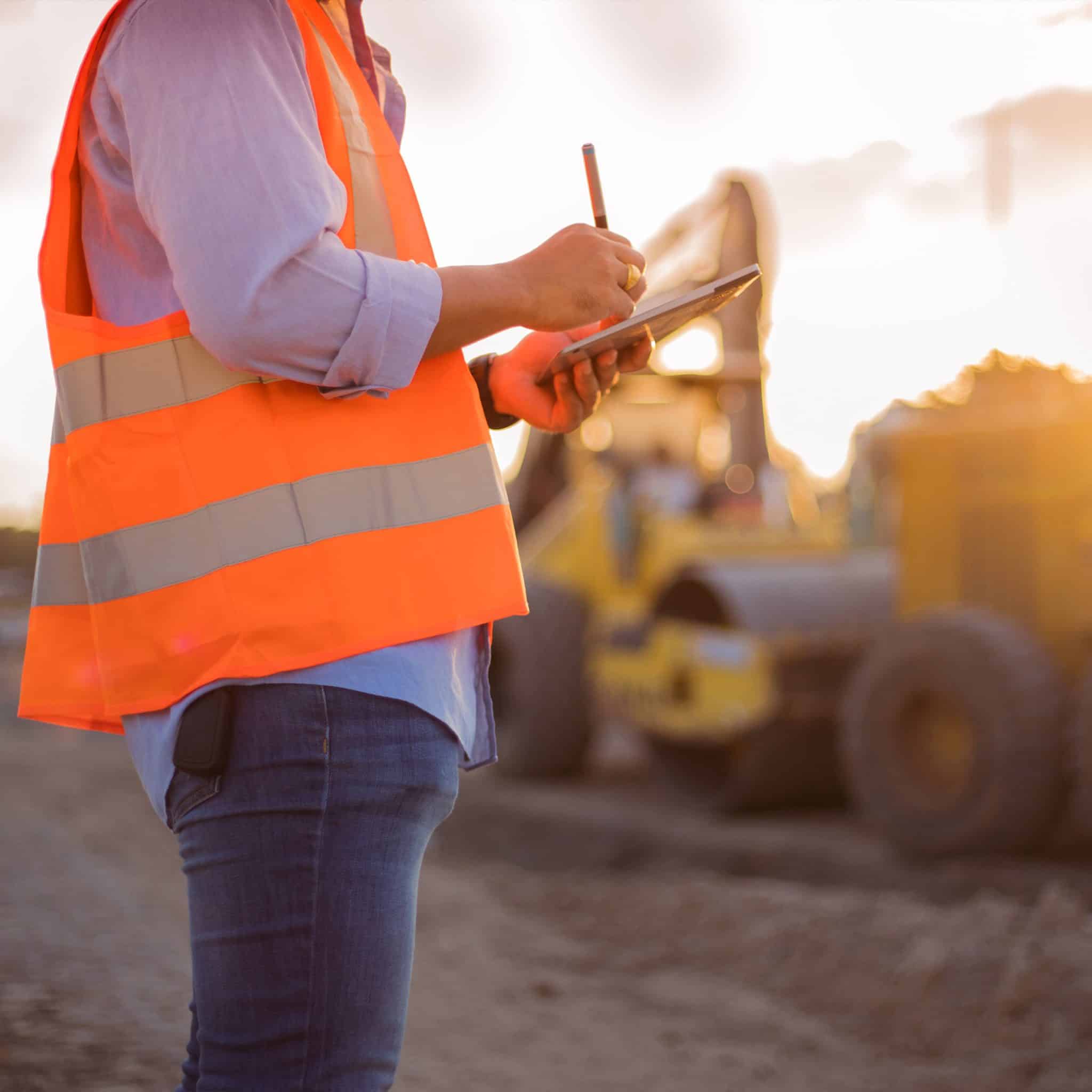Why the Engineer of Record is Vital for Project Compliance and Security
Why the Engineer of Record is Vital for Project Compliance and Security
Blog Article
The Interdisciplinary Approaches in the Geotechnical Sector: Linking the Void Between Engineering, Geology, and Environmental Scientific Research for Optimal Task End Results
The combination of engineering, geology, and ecological science within the geotechnical sector is not merely beneficial; it is crucial for attaining ideal job end results. What techniques might arise to promote this essential cooperation and boost the effectiveness of geotechnical practices?
Importance of Interdisciplinary Cooperation
The relevance of interdisciplinary partnership in the geotechnical industry can not be overemphasized. Effective geotechnical tasks require the assimilation of diverse knowledge from different areas, including design, geology, and ecological science. This collaboration ensures that all elements of a task are thought about, causing comprehensive remedies that resolve intricate challenges.
When functioning in isolation,Interdisciplinary collaboration fosters advancement by enabling experts to share insights and approaches that may not be apparent. By leveraging the staminas of numerous techniques, groups can recognize prospective threats, optimize design procedures, and boost the sustainability of geotechnical jobs. Moreover, such cooperation promotes an all natural understanding of site-specific conditions, which is crucial for accurate evaluation and decision-making.
The complexity of geotechnical tasks requires a worked with method to problem-solving. Inevitably, interdisciplinary partnership is crucial for advancing ideal methods and attaining quality in the geotechnical sector.
Key Duties of Each Technique
Partnership amongst different disciplines is not just useful; it is crucial for the effective execution of geotechnical projects. Each technique-- design, geology, and ecological science-- plays a distinct yet interconnected role that adds to forecast efficiency and sustainability.
Geotechnical engineers are mostly in charge of making structures and making certain architectural integrity. They assess soil and rock residential properties to assess load-bearing capabilities, providing vital data for safe building practices. Their competence makes it possible for the solution of cutting-edge remedies to complicated obstacles.

Ecological researchers evaluate the possible effects of construction on ecological communities and water resources. They conduct ecological assessments and develop mitigation strategies to decrease negative effects. By incorporating ecological factors to consider, they make certain compliance with guidelines and promote sustainability throughout the project lifecycle.
Study of Successful Integration
Effective combination of geotechnical techniques can be exemplified through numerous situation studies that highlight the performance of teamwork in attending to complex design obstacles. One significant example is the building and construction of the Hong Kong-- Zhuhai-- Macau Bridge, where a joint technique involving geotechnical design, geology, and environmental science was essential. Designers and rock hounds functioned in unison to evaluate the seabed conditions and maximize the structure style, making certain stability and minimizing ecological influence.
An additional impactful case is the improvement of incline security in the San Francisco Bay Area, where an interdisciplinary group integrated geotechnical evaluation with ecological analyses. By incorporating geological surveys and hydrological researches, the group effectively recognized potential landslide risks and executed effective mitigation measures, boosting safety and security and sustainability.
Moreover, the redevelopment of Brownfield sites frequently needs a multidisciplinary method. In one instance in Chicago, collaboration among geotechnical engineers, environmental scientists, and metropolitan coordinators led to the successful remediation of infected soil, enabling the risk-free makeover of the site into a community park. These case studies show that interdisciplinary partnership not just addresses technical difficulties however likewise fosters ingenious remedies that benefit both neighborhoods and jobs.
Obstacles in Multidisciplinary Projects

In addition, coordinating schedules and operations among numerous groups can be problematic, particularly when each self-control has distinct job landmarks and deliverables. This misalignment can lead to hold-ups and boosted costs. The difficulty of source allowance also impends big; guaranteeing that customized knowledge is readily available at critical junctures calls for cautious planning and foresight.
Finally, regulative compliance presents an additional considerable difficulty. Each discipline might encounter various regulative frameworks, and lining up these needs to meet task goals can be taxing and intricate. Resolving these obstacles demands solid management and reliable interaction approaches to promote partnership and ensure that multidisciplinary groups work cohesively towards shared objectives.
Future Trends in Geotechnical Practices
As the geotechnical industry advances, arising patterns are improving techniques to deal with the obstacles dealt with in multidisciplinary jobs - consulting engineer. One substantial trend is the raised integration of innovative modern technologies, such as artificial intelligence and artificial intelligence, into geotechnical analysis and layout. These innovations improve predictive modeling and danger analysis, allowing designers to make even more enlightened decisions throughout the job lifecycle

Additionally, the adoption of electronic twins and real-time tracking systems is becoming extra common. These devices promote recurring analysis of soil conditions and structural performance, enabling prompt treatments when problems emerge.
Final Thought
In verdict, the combination of design, geology, and ecological science is essential for attaining optimum outcomes in the geotechnical industry. Effective instance studies highlight the benefits of this approach, while acknowledging the difficulties dealt with in multidisciplinary projects.
The assimilation of design, geology, and ecological scientific research within the geotechnical sector is not merely beneficial; it is necessary for attaining optimal job end results. Effective geotechnical projects call for the assimilation of diverse knowledge from various areas, consisting of engineering, geology, and environmental scientific research.Navigating the complexities of multidisciplinary projects in the geotechnical sector offers several considerable difficulties.As the geotechnical market evolves, emerging patterns are reshaping practices to resolve the obstacles dealt with in multidisciplinary projects. Geotechnical engineers are significantly teaming up with ecological researchers to make certain that projects line up with sustainability objectives and abide with governing requirements.
Report this page